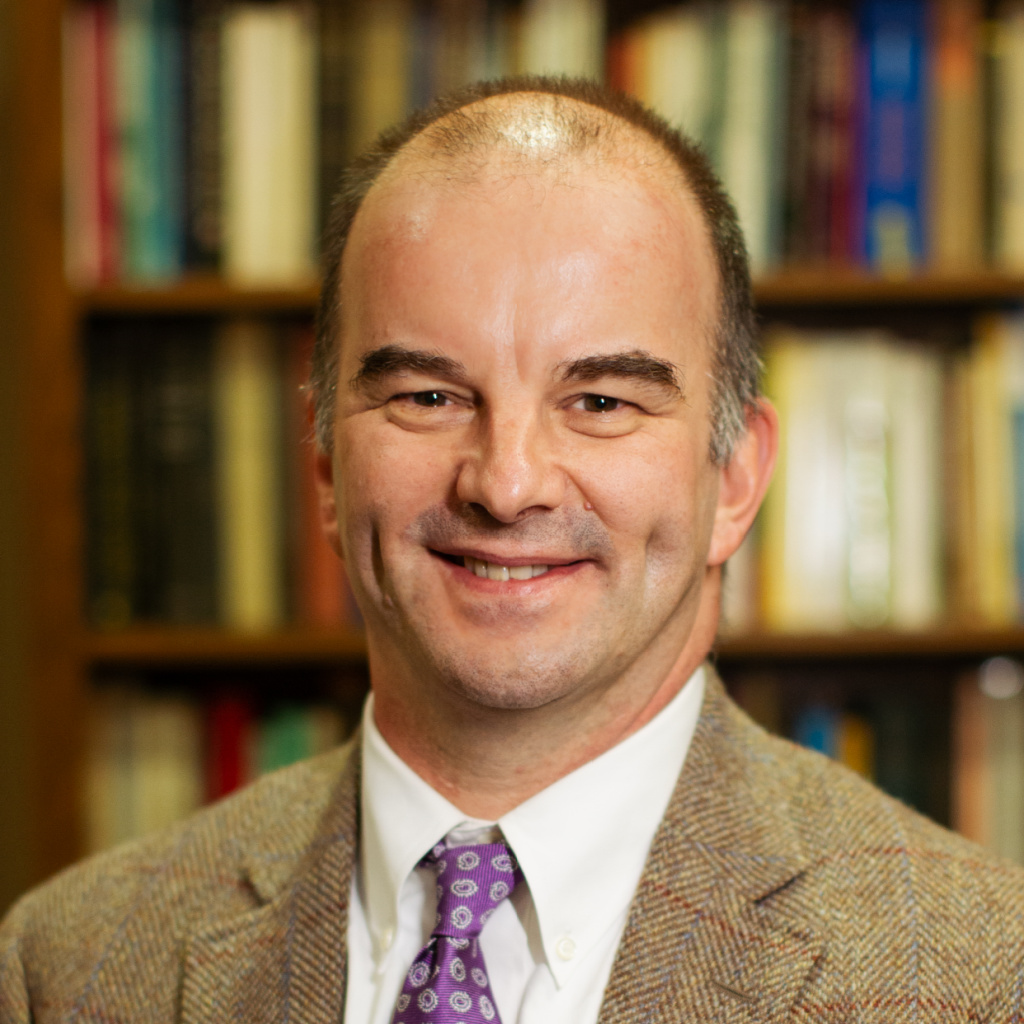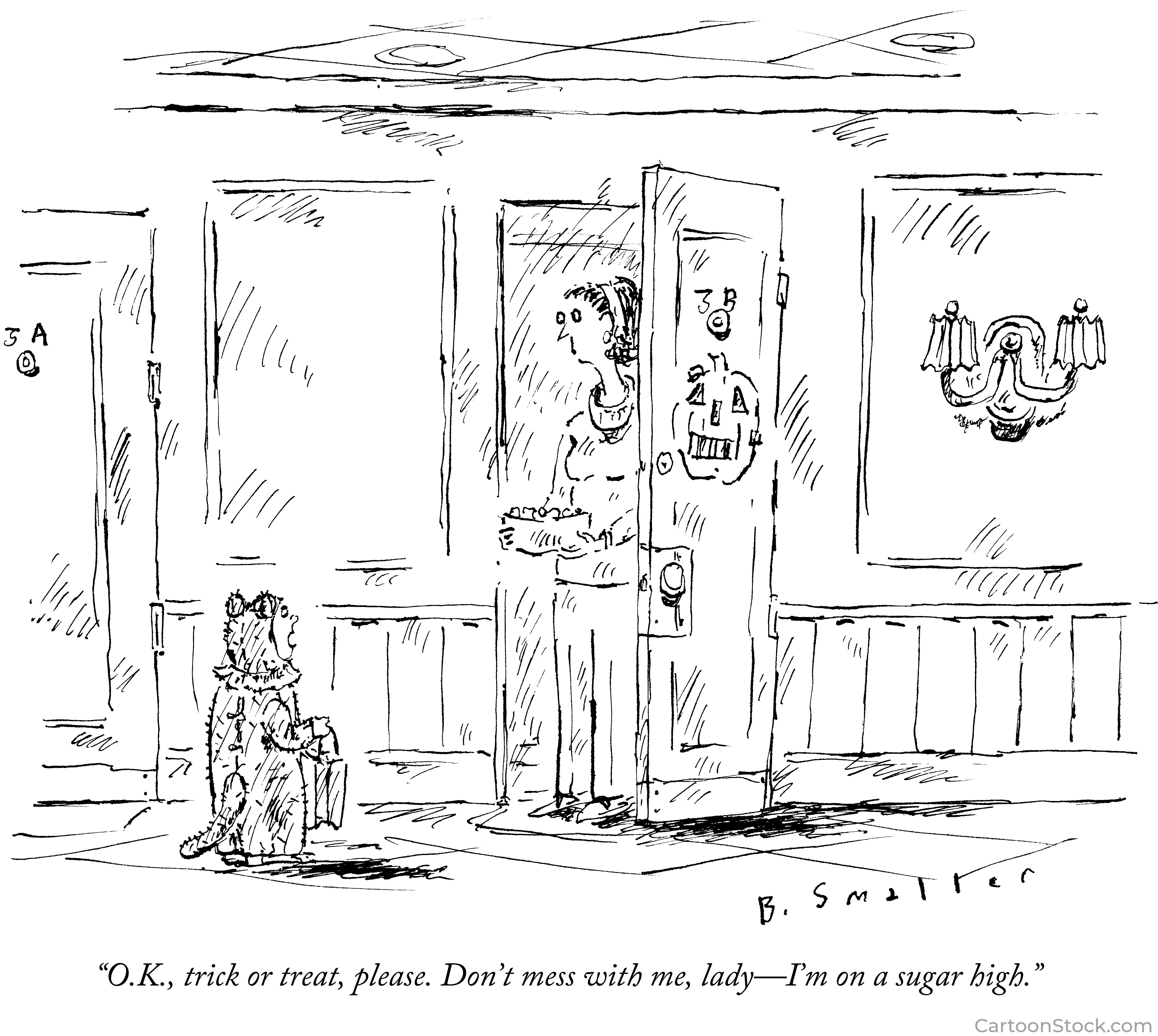On multiple occasions, President Dallin H. Oaks of The Church of Jesus Christ of Latter-day Saints has said that we should not engage in “culture wars.” In 2015, President Oaks said that “we may have cultural differences, but we should not have ‘culture wars,’” and in 2016, he said that “we should all seek a cease-fire in the culture wars.”
Some people have taken these statements to mean that members of the Church should basically stop talking about “culture war” issues, particularly on issues related to marriage, family, and sexuality. Conversations on these topics can become heated quickly, and the differing sides often cannot find much common ground. So, perhaps it is better to stay silent. But I think this is a misreading of what President Oaks was asking for. In the same talk in which he called for a cease-fire, he also said this:
“In view of current experience and culture, how should religious persons and their organizations whose positions are dictated or affected by religious beliefs lobby or otherwise enter the debate on public issues? They should not be required to forego or deny their religious or other beliefs or motivations, but they should be counseled to be prudent. They will usually be most persuasive in political discourse by framing arguments and explaining the value of their positions in terms understandable to and subject to debate with those who do not share their beliefs. All sides should seek to contribute to the reasoned discussion and compromise that are essential in a pluralistic society.”
In essence, President Oaks is asking for a certain kind of engagement. He is urging us to give reasons for our positions—reasons that are intelligible to people who do not share our faith and which are subject to evaluation and debate—and then be willing to try to find a way to live together in a pluralistic society.
Now, some readers might say that President Oaks is asking for the impossible, for (they believe) there simply are no non-religious reasons for the Church’s positions on sex and family. At best, such views are based in tradition, and at worst, they are based in prejudice and bigotry—or so the standard line goes. Give reasons for our positions.
Which false views am I referring to? Take, for starters, the way that depersonalized sex is normalized and celebrated in our society. Young people grow up in an environment in which pornography is often their first (and continuing) sex educator, presenting them with endless images of impersonal, detached, and often violent sexual acts. In such images and videos, persons are reduced to objects, mere things that can be exploited and discarded. Their personal identity—that is, their being as a unique and irreplaceable individual, one with a name and face and history unlike any other—is liquidated in a parade of interchangeable acts and body parts. The viewer, of course, has no relationship with any of the participants in pornographic images or videos, cementing an expectation that sexual arousal and fulfillment need not require any real interpersonal connection or self-disclosure. In the words of Roger Scruton, “The people displayed in the pornographic film are not in relation to the viewer, nor are they displayed as being in any other relation to each other than that of each using the other’s body . . . Nor is [the viewer of pornography] really aroused except in the purely physiological sense, since there is no mutual arousal of which he is a party. Everything is cold, bleak, objective, and also cost-free and without any personal risk.”
Interactions between live human beings are often not much better. Dating apps such as Tinder and Grindr (among several others) facilitate casual, superficial, and sometimes even anonymous sexual encounters. Again, the underlying philosophy of sex at work here is that one need not know very much about the person one has sex with, need not care about their personality or well-being (beyond securing consent), need not disclose much or express love or have any expectation of a continuing relationship. There is no better word to describe such sex than “depersonalized”—sex in which one is not really looking to connect with another person but merely uses his or her body as a site of sexual gratification.
We could say that such a sexual milieu is “unhealthy,” and that would be true. However, at a deeper level, such an approach to sex is dis-integrating, in the sense of separating things that ought to be kept together. Depersonalized sex is disconnected sex—disconnected from friendship, disconnected from love, disconnected from responsibility for future children, disconnected from marriage, disconnected from any real concern for one’s partner beyond gaining consent, disconnected from any broader social or interpersonal responsibilities, and in a real sense, disconnected from moral integrity, at least as long as moral integrity requires us to treat other human beings as fully human persons, rather than objects that can be used and discarded.
Of course, not all sexual encounters these days have these features. But the depersonalized approach to sex represents a default and taken-for-granted assumption in our culture, something that is accepted (and promoted) as true without much reflection or difficulty. This approach is assumed to be true in much of our entertainment and media, in higher education, and in other centers of cultural power. It’s what children and youth are taught, implicitly and explicitly, in a thousand ways.
There are other ways that our society depersonalizes (or objectifies) sex—by claiming that our bodies are not essential parts of who we are as human persons; by denying the personhood of unborn children; by treating embryos as products to be manipulated rather than persons in development, and so on. And we probably shouldn’t be surprised that such a sexual milieu frequently draws children and minors into its orbit—a sexual morality based merely in consent is flimsy protection in a culture that sees sexual self-gratification as a personal imperative.

Still, some Latter-day Saints might feel uneasy. If we use our beliefs to influence policy or culture, aren’t we “imposing our values” on others? On this point, I note in passing that the other side of this conflict doesn’t seem to have gotten President Oaks’ memo about a cease-fire in the culture wars. The triumphalist, “right side of history” Progressive narrative continues apace, with little sign of stopping or of being magnanimous towards those who haven’t caught the vision. We must actually care about the welfare of people.
But how can we articulate our views in a way that honors both those with whom we disagree and the truth? Writing here in Public Square, Robert P. George gives a number of resources that can be useful as we try to articulate our views in terms that can be accessible to those who do not already agree with us. Dan Ellsworth and Jeff Bennion have compiled an even broader set of resources geared specifically for an LDS audience. If I could recommend only one resource to understand the place of family, identity, and sexual morality in our time, it would be Carl R. Trueman’s book, The Rise and Triumph of the Modern Self: Cultural Amnesia, Expressive Individualism, and the Road to Sexual Revolution (Trueman also has a more condensed version of the argument: Strange New World). Trueman argues that the sexual revolution “cannot be properly understood until it is set within the context of a much broader transformation in how society understands the nature of human selfhood.” Surveying a variety of important thinkers and intellectual trends, Trueman usefully articulates the background assumptions that inform commonly accepted assumptions about sex and gender and points toward what would need to be done to justify an alternative approach to these issues.
Of course, simply giving reasons is not enough. We must actually care about the welfare of people with whom we disagree. We should see them as collaborators in the project of seeking the truth living together peacefully. If we do not actually love others, our reasons can become simply more tools for contention carried on by other means. Prudence is not the same thing as silence.
“Powerful forces tell us that our defeat in the causes of marriage and human life is inevitable. They warn us that we are on the ‘wrong side of history’ . . . But history does not have sides. It is an impersonal and contingent sequence of events, events that are determined in decisive ways by human deliberation, judgment, choice, and action. The future of marriage and of countless human lives can and will be determined by our judgments and choices—our willingness or unwillingness to bear faithful witness, our acts of courage or cowardice. Nor is history, or future generations, a judge invested with god-like powers to decide, much less dictate, who was right and who was wrong. The idea of a ‘judgment of history’ is secularism’s vain, meaningless, hopeless, and pathetic attempt to devise a substitute for the final judgment of Almighty God. History is not God. God is God. History is not our judge. God is our judge.”
















